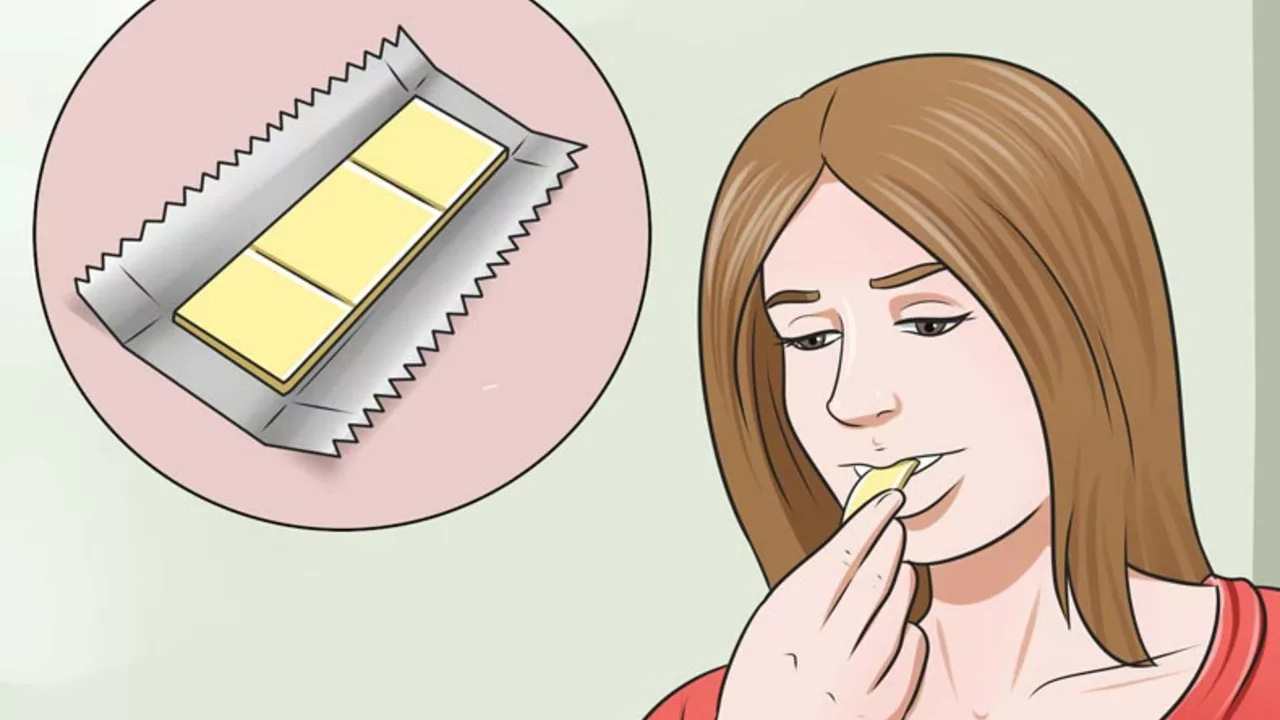Dry Mouth – Causes, Symptoms and Easy Relief Tips
Ever notice that sticky feeling after a long meeting or a night of heavy drinking? That’s dry mouth, also called xerostomia. Your saliva does more than keep your tongue wet; it protects teeth, helps swallow, and fights infection. When production drops, you can feel uncomfortable, notice cracked lips, or get bad breath.
Many things can steal your saliva. Prescription meds like antihistamines, antidepressants, and blood‑pressure pills are top culprits. Over‑the‑counter drugs for colds, pain relievers, and even nicotine patches can do the same. Dehydration from not drinking enough water, excessive caffeine or alcohol, and breathing through the mouth while you sleep also count.
Health conditions matter too. Diabetes, Sjögren’s syndrome, Parkinson’s disease, and radiation therapy to the head‑neck area often leave patients with chronic dryness. If you’ve got a recent infection, fever, or are using a ventilator, expect temporary dry mouth as part of the recovery.
Top Ways to Ease Dry Mouth at Home
The fastest fix is simple: sip water throughout the day. Small, frequent drinks keep the mouth moist without over‑filling your bladder. Sugar‑free gum or lozenges stimulate saliva glands – just avoid sugary options that feed bacteria.
Swap out drying beverages for herbal teas or warm broth. Cut back on caffeine and alcohol because they pull fluid from your system. Using a humidifier at night adds moisture to the air, which helps if you breathe through your mouth while sleeping.
Good oral hygiene can reduce the side effects of low saliva. Brush twice daily with fluoride toothpaste, floss, and rinse with an alcohol‑free mouthwash designed for dry mouth. Some people find a dab of petroleum jelly on lips or a silicone‑based lip balm useful to stop cracking.
Medical Options and When to Seek Help
If home tricks aren’t enough, over‑the‑counter saliva substitutes are worth trying. They come as sprays, gels, or lozenges that coat the mouth and give instant relief. Prescription medications such as pilocarpine (Salagen) or cevimeline (Evoxac) boost saliva production but need a doctor’s approval.
Because dry mouth can lead to cavities, gum disease, and difficulty swallowing, schedule a dental check‑up if the problem lasts more than a couple of weeks. Your dentist can recommend fluoride treatments or special toothpaste.
If you suspect a medication is the cause, talk to your pharmacist or doctor about alternatives or dosage adjustments. Treating an underlying condition—like controlling blood sugar in diabetes—often improves mouth moisture as well.
Bottom line: dry mouth isn’t just annoying; it can affect oral health and overall comfort. Simple habits, over‑the‑counter aids, and professional advice together make the problem manageable. Browse our other articles for deeper dives on specific drugs or conditions that trigger xerostomia, and stay ahead of the dryness.
Dry Mouth and Menopause: What to Expect and How to Cope
In my recent post, I discussed the common yet often overlooked symptom of menopause - dry mouth. The hormonal changes during menopause can often lead to decreased saliva production, causing discomfort and other oral health issues. I also explored various ways to manage this condition, such as staying hydrated, using saliva substitutes, and maintaining good oral hygiene. Furthermore, I highlighted the importance of regular dental check-ups for early detection and prevention. It's essential to understand what to expect during menopause and how to effectively cope with its symptoms.

